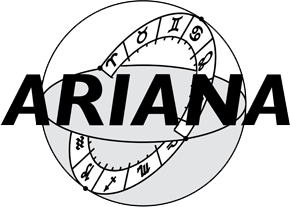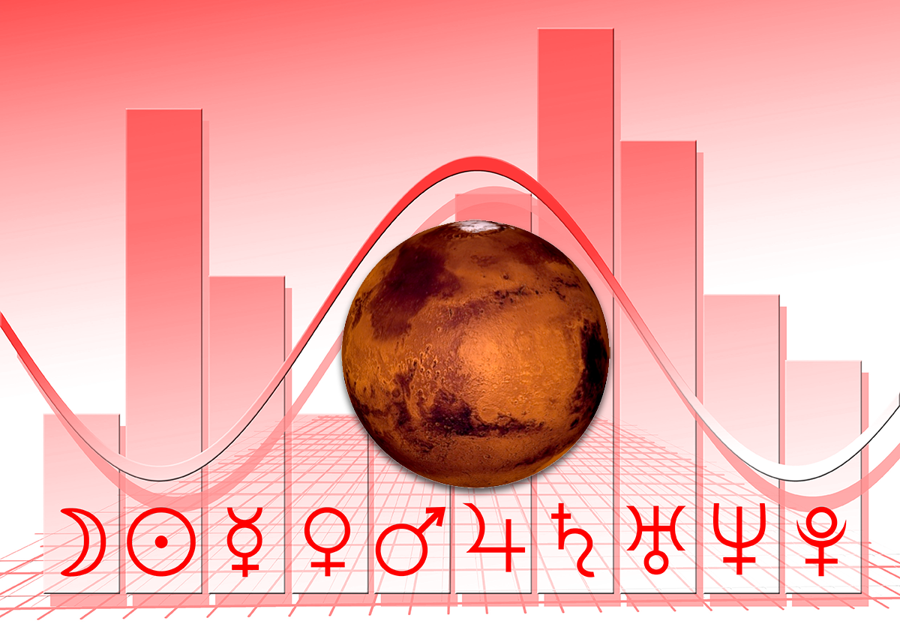Your Planets
Portraits of the Planets
Aspects between Planets
The planetary ages
The planetary families
Planets in Signs
The Planets in comics


“You can’t force people to like what they hate (here, astrology), you can’t even force them — and you shouldn’t force them — to learn about it. But our scientists, our rational and objective scientists, only express their likes and dislikes. They act as if they have arguments and use their considerable authority to give them weight. But the arguments they actually use demonstrate their pitiful lack of culture…” (Paul Feyerabend, epistemo-anarchist historian of science, Dialogues sur la connaissance, Threshold 1996).

This study in 7 chapters brings together, documents and criticizes the main serious statistical studies devoted to astrology among the hundreds that have been carried out during the 20th century and at the beginning of the 21st.
These statistics relate either to the traditional astrological knowledge itself, or to the validity and reliability of the judgments of the astrologers who put it into practice. The distinction is important: we do not judge the reality, relevance and value of knowledge by the performance of its actors. To take an example, no serious scientist would have the crazy idea of doing statistics on physicists or biologists to confirm or invalidate a hypothesis about physics or biology. It is the same for astrology, except (and the distinction is also essential) that physics and biology are sciences “hard”, which astrological knowledge is not.
Thanks to Julien Rouger for his expertise, insights and technical corrections on statistical laws and methods.